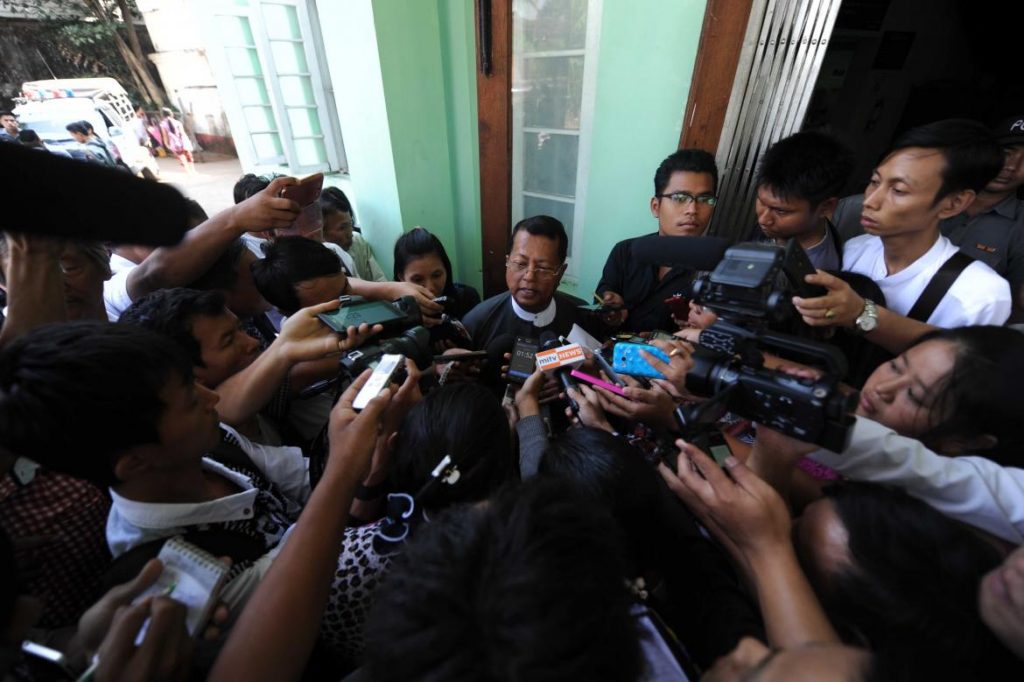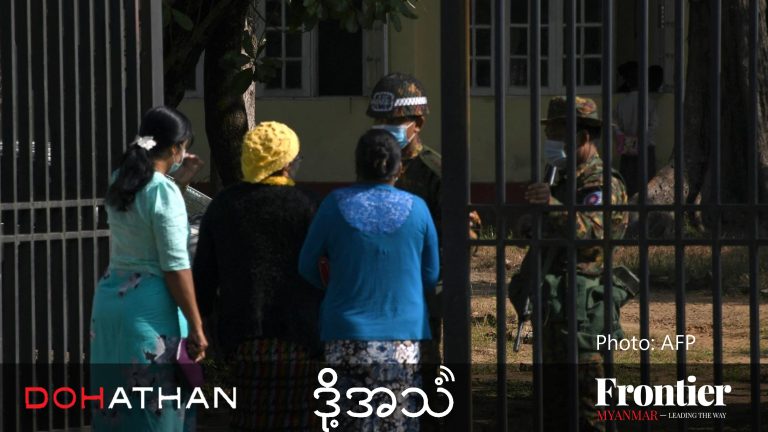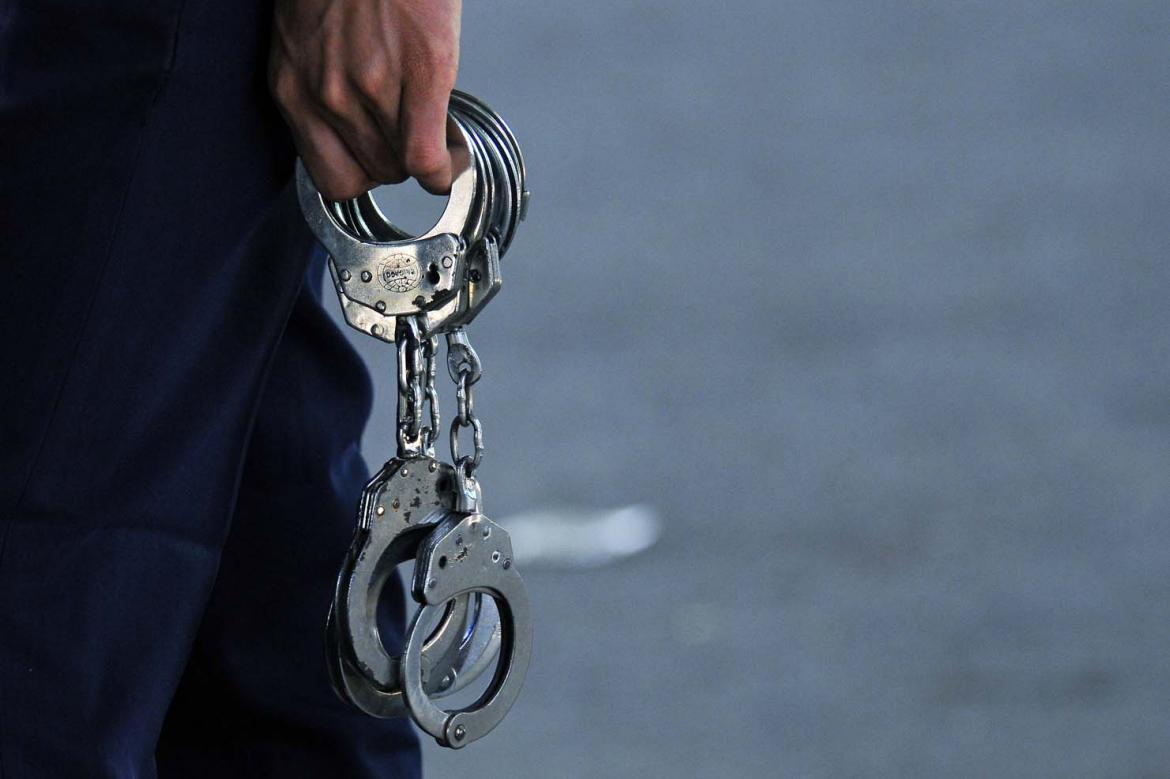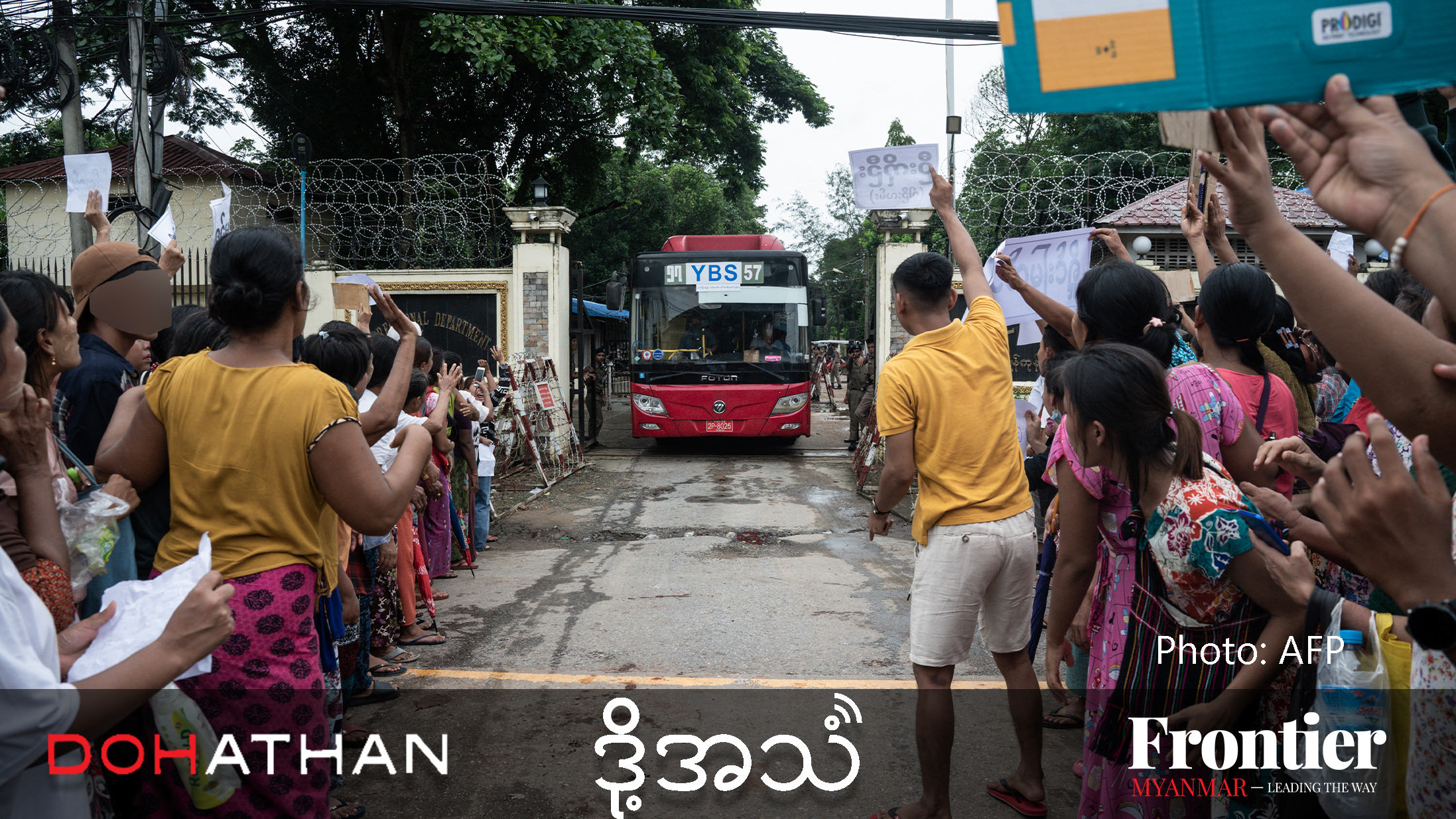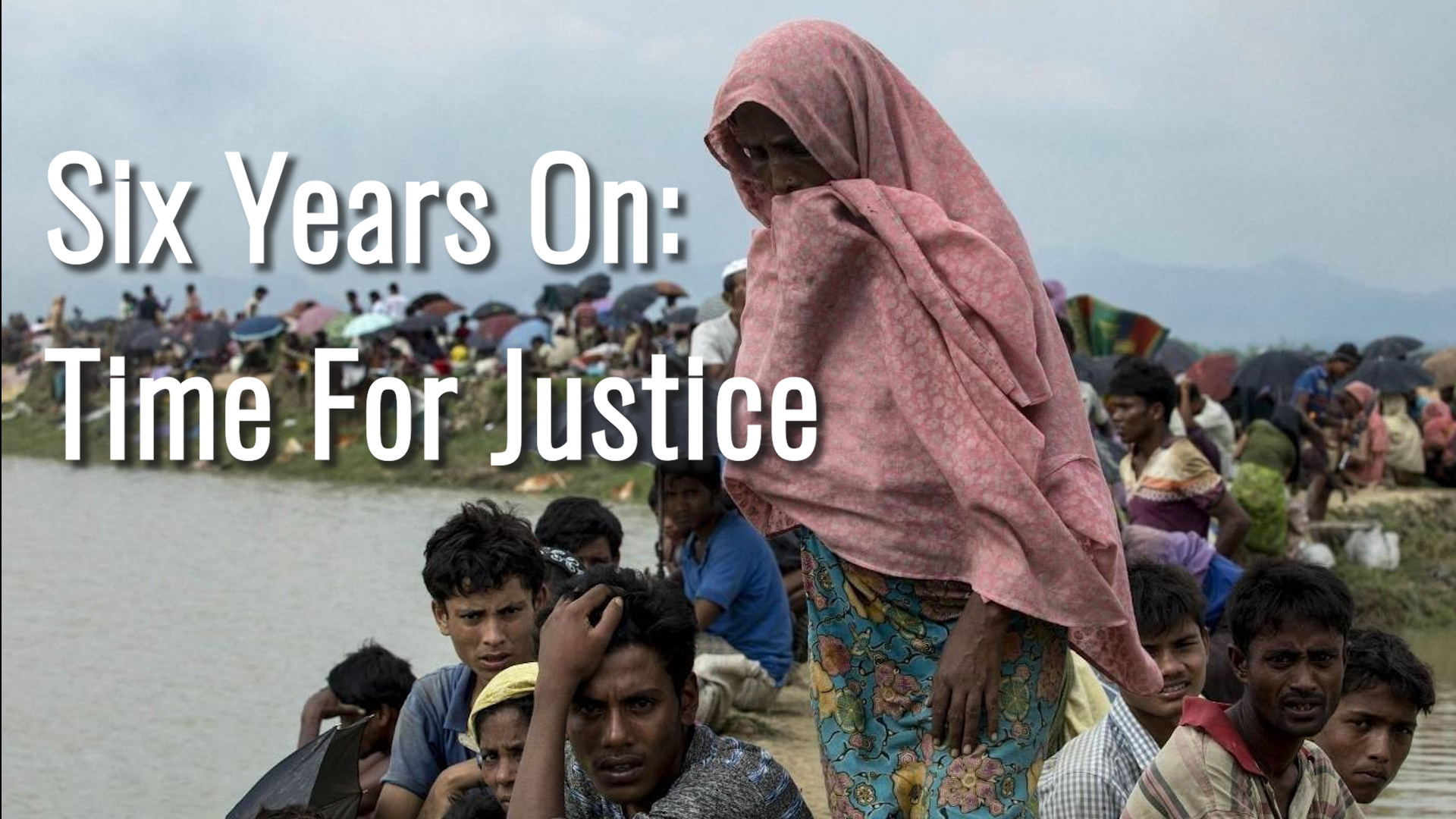By STEPHEN MCNAMARA | FRONTIER
Dear U Min Sein,
Thank you for critically reviewing my article, “Fixing justice with the tools at hand“. It is very helpful to be able to debate these issues with such a learned and distinguished lawyer. As someone who has worked as a lawyer for 30 years myself, I know that no system is perfect, least of all that in the United Kingdom. But I do believe that all systems can be improved, and take seriously the desire of the Myanmar government and the attorney general to improve your system.
I am not an expert in Myanmar law. I am an English lawyer and worked for a year as a volunteer at the Yangon Justice Centre (2017) and returned for a month in November 2018. I have discussed and argued with many Myanmar lawyers, and have read the laws. I respect Myanmar law and I admire many of the lawyers who I have met. Sometimes, the perspective of an outsider can be helpful in raising questions. I was trying to be helpful – albeit challenging!
For the purposes of space, I will respond to the main criticisms only. Regarding the power to grant bail, my point is simple: the terms “if he or it thinks fit”, “maybe released on bail” and “at the discretion of the officer” are too vague. For fairness and to prevent arbitrary decisions or corruption, there should be guidance as to how the power to grant bail should be exercised.
Support more independent journalism like this. Sign up to be a Frontier member.
In many jurisdictions there is guidance which says that bail should only be refused (save for the most serious cases) if there are grounds for believing the suspect will abscond, or interfere with witnesses, or commit other offences. The question is: would this be helpful in Myanmar? Similarly, would guidance on how to arrest, or when to arrest, be helpful?
I agree with you that the Code of Criminal Procedure (1898) does not say that an arrested person has the right to a lawyer. But the Legal Aid Law (2016) does, and the Attorney General’s Fair Trial Guidebook (2018) does. The question is: would it be helpful to reinforce this so that all the police and all the lawyers know that this is the law? If people have rights when they are arrested should they be informed of those rights by means of a poster or a leaflet?
I am really not trying to interfere with the legal system. I am making observations and asking questions in a friendly fashion. I have not undertaken a survey. But I have spoken with many lawyers and non-lawyers in Myanmar. I would also refer to the publication, “Searching for Justice in the Law, that was published by MyJustice earlier this year. It was a survey of 3,565 people, and only 18 percent thought that actors in the legal system operate without bias.
On whether Myanmar has an open court system, I refer to the research undertaken by JusticeBase, “Behind Closed Doors: Obstacles and opportunities for public access in Myanmar Courts”. On the basis of that research I argue that courts are not open. In any event, there is certainly a perception that there is a problem.
Regarding the disclosure of witness statements, I have read the law, I have read the cases, and I have discussed this with many Myanmar lawyers. I am afraid that I disagree with you. The case law says that the defence may ask for the s162 statements after the witness has given evidence. It does not say that the defence cannot have the statements before the witness has given evidence.
Imagine that there are six s162 statements. But, the prosecution only call three of the witnesses. If you are right then this would then mean that the defence would not have been able to have copies of all the s162 statements. But s162(2) says that the accused can see all the statements!
On withdrawing cases, the Attorney General of the Union Law s36(i) gives the law officer the power to withdraw cases. In the UK there is a Code for Crown Prosecutors (ie law officers) that gives them the power to withdraw cases. They apply a test: is there enough evidence to secure a conviction, and is it in the public interest. I have worked as a crown prosecutor and withdrawn cases – I acted as a gatekeeper. The question is: given that law officers have the power to withdraw cases would guidance help them to exercise that right?
I do not know as much about Myanmar law as I would like. I hope to learn more. I do not think I have smeared or defamed at all. I think that questions can be raised without necessarily causing offence.
I hope to visit Yangon again in 2019 and it would be an honour to meet with you. I think we might find a lot to agree on – and I would hope to learn from you. I am sure that we would have an interesting conversation even if we still disagreed about all or some of my ideas. I would also be more than happy to host a visit by you to the UK, so you can see how things work here and tell us where we need to make changes to our system. After all, we both have a shared commitment to the eternal principle of justice and the rule of law as lawyers, and are united in working for justice for all.
Stephen McNamara is a practising UK lawyer and spent 2017 at the Yangon Justice Centre. He can be contacted at stephenmcnamara55@gmail.com.


